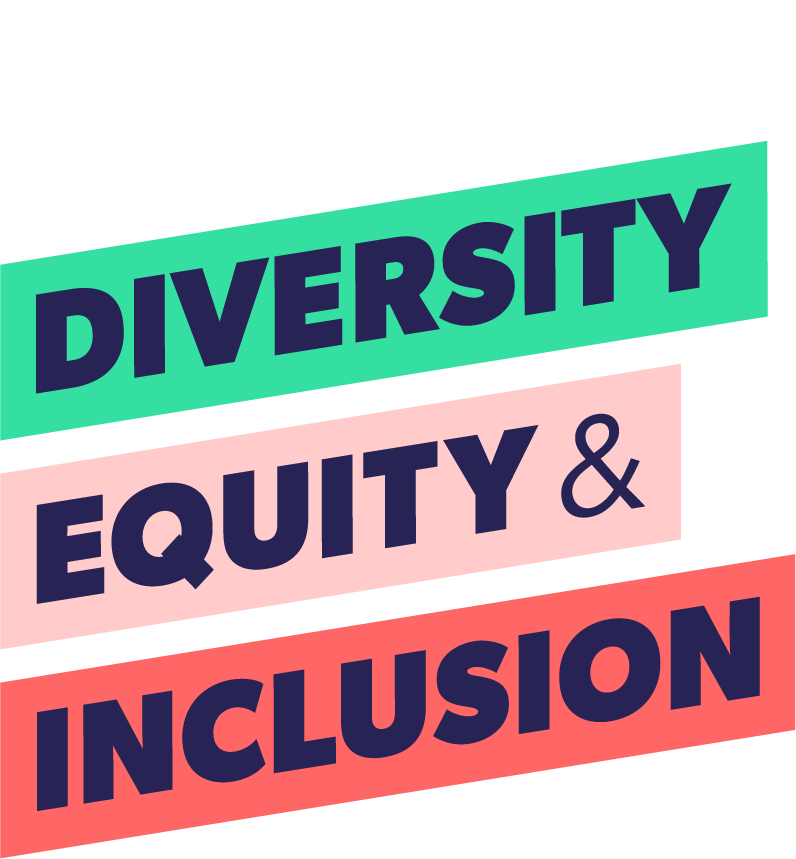BFI x ITV Talent Talks- Black Hair and Make Up
Earlier this summer, ITV and the BFI partnered together to host a masterclass, centred on black hair and make-up, and the talented black artists paving the way forward - the first in a brand new series of conversations with industry experts on their rise to the top.
Actress Dominique Moore (Horrible Histories, Finding Alice) hosted the event, ‘BFI x ITV: Talent Talks’, with a panel of industry experts taking centre stage: Hair and Make-up Designers Sharon Martin (Cinderella), Nora Robertson (Rocks) and Bianca Simone Scott (Liar).
With an audience of fifty-five, including heads of production, producers and other hair and make-up stylists from across the industry, the masterclass explored the panellists’ extensive careers in television and film.
Throughout the session, as the panel delved into their journeys, the same themes kept cropping up: they’d all faced challenges as women of colour, overcoming numerous obstacles to reach the top.
It posed a question, one so often glossed over: in an industry that prides itself on diversity in front of the camera, why does black talent continue to be so underrepresented behind it?
Over the last few years in TV and film, we’ve seen incremental shifts towards better black representation. Inclusive hiring has meant more black actors taking centre stage and crafting characters fleshed out beyond lazy stereotypes, ultimately elevating compelling stories that don’t always get the chance to be at the forefront.
There’s still progress to be made but this push towards diversifying television has showcased the enormous pool of untapped talent. It has also highlighted an area where there’s still a glaring lack of progress - behind the scenes.
For the panel, tackling this issue was of the utmost importance. One way was to provide comprehensive training for both new and established make-up and hair artists on how to work with all hair types and skin tones. They also highlighted the pressing need for inclusive hiring and more opportunities to boost underrepresented talent.
Speaking in an interview after the session, host Dominique Moore was frank about how the lack of diversity on sets has affected her as an actress.
While working on recent productions, she found there was an obvious scarcity of hair and make-up artists that knew how to work with her textured hair and darker skin tone - hurdles her white counterparts would never encounter.
“It really surprised me because these were productions that featured a predominantly black cast. It felt very strange to me that there had been a lack of due diligence in the hair and makeup team, and a lack of awareness and understanding from the production,” said Moore.
The importance of seeing yourself represented behind the scenes can’t be underestimated, especially when it can have such a profound effect on lived experience and mental health.
“It’s upsetting. It’s incredibly upsetting. And many black actors have experienced this - it’s not just me. And that’s the saddest part,” she said.
“In any other industry and workplace, there’s an awareness around it and there's a process for dealing with it; on a film or tv set, it’s different trying to highlight those experiences and explain that it’s still racial discrimination.”
This fundamental lack of understanding has a wider impact too, the actress explained, as it fails to equip actors with the necessary tools to effectively portray a role. “Hair and makeup, that’s one of our tools we have to get into character. It’s going to affect the quality of our work and inevitably affect the quality of the production.”
Yet, production is where the power and responsibility to make crucial changes lies. As more and more actors of colour speak out about their experiences, production companies and heads of production are finally sitting up and taking note of the need to create an inclusive set environment - and ensure their crews reflect modern Britain.
The panel session - and the myriad of conversations taking place on sets across the industry - marks a shift towards changing the production standard, the beginnings of which can already be seen here at ITV.
As part of the ITV Production Principles, any black actor will be consulted on the hair and make-up process: this is integral on any ITV commissioned production, and producers sign up and commit to these principles.
Onscreen at ITV, we’ve seen a 33% increase in the number of lead roles for Black, Asian and Minority Ethnic (BAME) talent since July 2020 . Across the year, 29% of writers in development on new scripted projects were from BAME backgrounds, compared to just 8% in 2019.
While the changes begin to manifest themselves in these small successes, there is still so much to be done and ITV is committed to expanding efforts in their Diversity Acceleration Plan. Working towards inclusivity is a goal that everyone should be striving towards, whether behind or in front of the camera.
By Zahra Lee (Apprentice - Daytime Junior Journalist • Studios)
